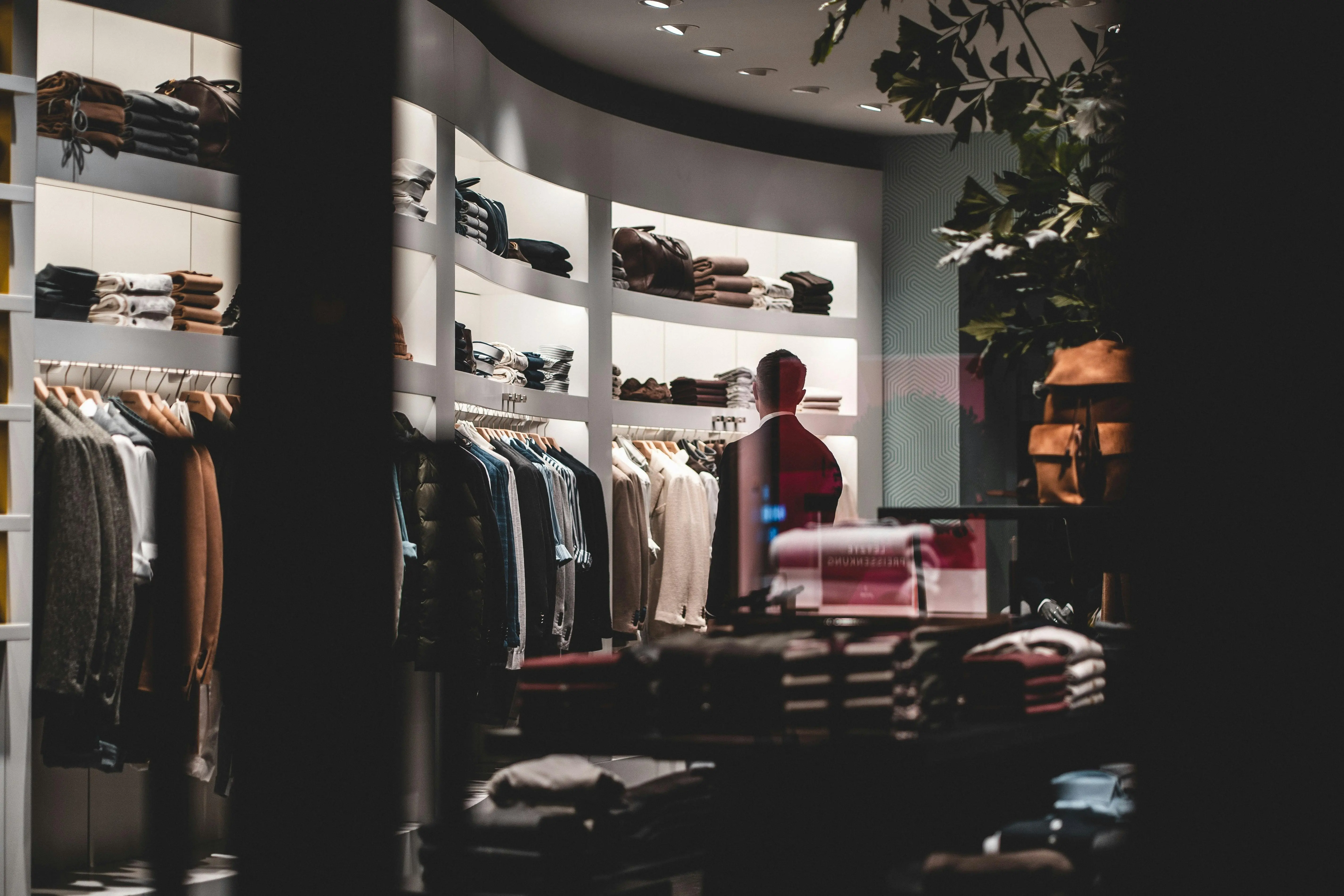

For foreign entrepreneurs planning to start a business in Indonesia, particularly in the import-export sector, this country offers unique opportunities. As is well known, its economy is one of the most dynamically developing in Southeast Asia, and its population is quite substantial—over 270 million people. This article provides an in-depth look at the Indonesian population, which is directly linked to the size of the consumer market.
Indonesia's population exhibits high demographic dynamism. The average age of its residents is around 30 years, indicating a young nation. This creates significant opportunities for economic growth due to the large number of working-age citizens. Indonesia's economy grows at an average rate of 5% annually, ensuring a steady increase in citizens' income and their purchasing power. The average income per capita is about $4,000 per year, but this figure varies significantly by region.
Approximately 56% of the population lives in urban areas. The largest cities—Jakarta, Surabaya, and Bandung—serve as major consumer centers and attract many young professionals seeking employment. Purchasing power in these areas is higher due to greater incomes and access to financial services.
The rapidly growing middle class in the country is driving an increase in purchasing power. Experts forecast that by 2029, the middle class will exceed 100 million people — a huge consumer market offering significant opportunities. Overall, Indonesia's economic prospects are positive due to a stable GDP level, continuous infrastructure improvements, and favorable conditions for attracting foreign investors.
Foreigners often choose Bali for opening or expanding their businesses. However, other regions, especially those mentioned above, also have substantial demand for imported goods and quality services.
The Indonesian consumer market features numerous categories of goods that are in high demand. The main categories include:
Locals commonly purchase rice, vegetables, fruits, eggs, and bread. Meat, particularly pork, is expensive and less frequently bought. Indonesians are increasingly focused on a healthy lifestyle, leading to a rising demand for organic food products.
Digital technology holds significant importance for Indonesians—mobile communication and the internet have become integral parts of most citizens' lives. Smartphones, tablets, and laptops are highly popular. Leading brands include Samsung and Xiaomi, known for their excellent price-to-quality ratio.
Indonesians follow fashion trends and actively purchase clothing from both local and international brands. Streetwear and Muslim attire are particularly popular.
In addition to popular goods, there are categories where demand exceeds supply, presenting opportunities for foreign investors and companies to enter low-competition niches.
Despite high demand for electronics, quality home appliances are still scarce in some regions of the country.
Access to quality medical services and good medical equipment remains a challenge for many Indonesians. While equipment can be imported, there is a lack of platforms for online consultations with qualified specialists in the healthcare sector.
Although small and medium-sized enterprises are widespread in Indonesia (with over 60 million such businesses), some areas still have a need for financial technologies and services.
Many residents find it difficult to access quality education and professional training. Online education, including schools, courses, and consultations, is gaining popularity as a solution.
Regarding trends, there is a remarkable growth in online shopping in Indonesia. More people prefer to shop online for convenience. Major online platforms have expanded opportunities for entrepreneurs to reach a broader audience. Additionally, as previously mentioned, there is growing interest in healthy nutrition along with a focus on fitness and sports. Gyms are becoming increasingly attractive to the youth.
Environmental awareness is also playing a more significant role in consumers' purchasing decisions. Companies are adopting new resources to produce "green products."
Overall, the consumer market in Indonesia offers broad opportunities for business development in both the production of everyday goods and the provision of various services. At the same time, it requires an understanding of local specifics for successful business launch or expansion.
If you want to successfully start a business in Bali, operate in the Indonesian market, or expand your presence there, contact Good Luck Group specialists for optimal business solutions. If your focus is import-export, we offer complex consulting services for companies interested in trading and transporting products to/from Indonesia. We will help you analyze the market potential of your product or service, adapt your business model to local conditions, and navigate the complex legal system of the country. Your success starts here!


